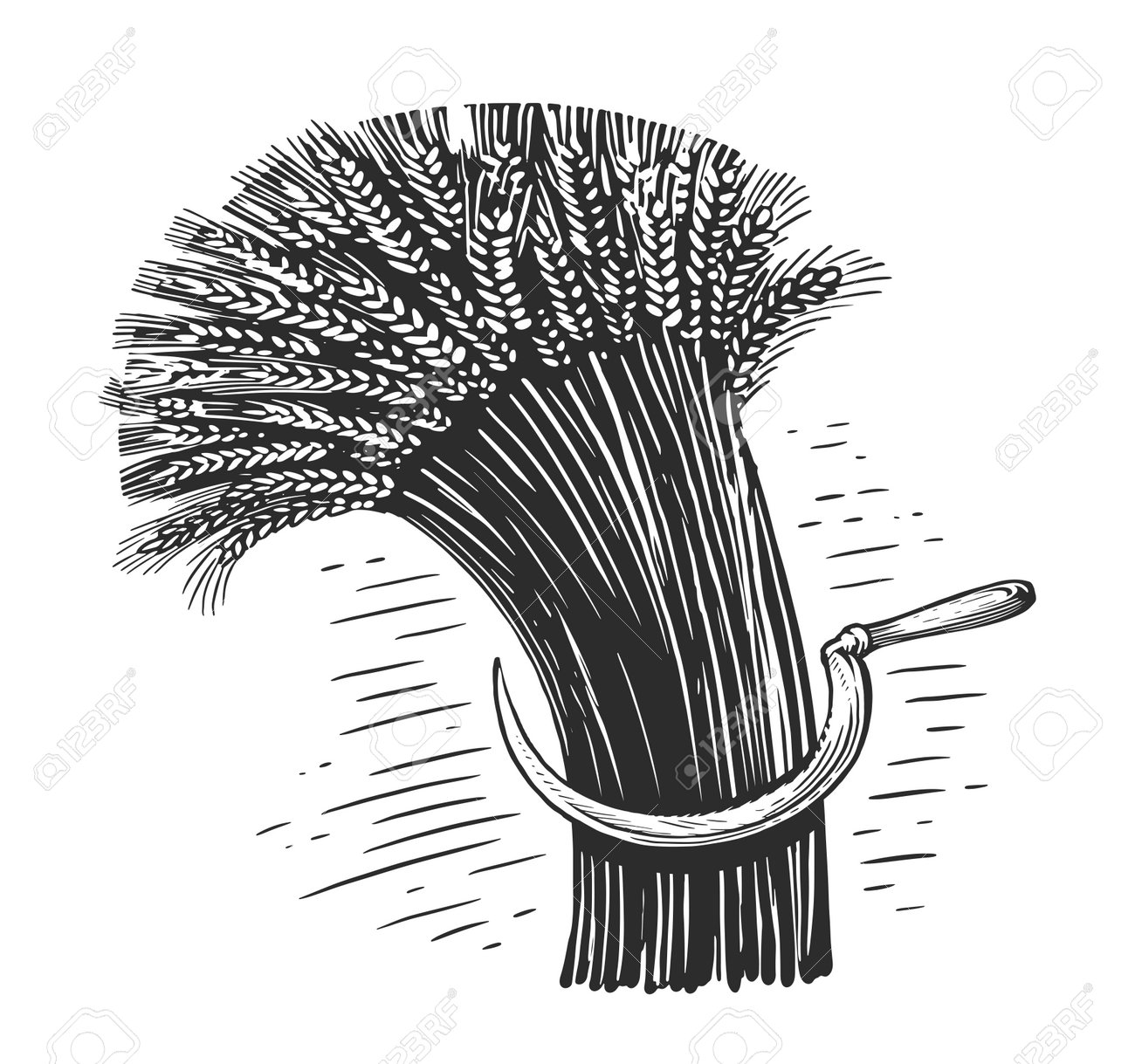The Church of Shropine
The Church of Shropine is a revered institution dedicated to Shropine, the Goddess of Agriculture. Their focus is on nurturing growth, prosperity, and the harmonious balance of nature. The church’s name reflects its central tenet: that true prosperity arises from the careful tending of both land and spirit, and that through reverence for nature, one can achieve both personal and communal flourishing.
Structure and Hierarchy
The Church of Shropine operates with a well-defined hierarchy that mirrors the order and balance they seek to promote:- The Verdant Matriarch: The leader of the church, known as the Verdant Matriarch, is a revered figure who guides the church’s activities and ensures that Shropine’s blessings are spread throughout the land. The Verdant Matriarch’s role is both spiritual and administrative, overseeing the church’s operations and rituals.
- Harvest Elders: These high-ranking members are responsible for overseeing the church’s regional branches and coordinating major agricultural projects. They possess deep knowledge of agricultural practices and spiritual guidance, ensuring that both the land and the people are nurtured.
- Cultivators: Cultivators manage local congregations and implement the church’s agricultural programs. They are skilled in both farming techniques and spiritual counsel, helping communities to prosper and grow in harmony with nature.
- Field Scribes: The Field Scribes document the church’s teachings, agricultural innovations, and the cycles of nature. They maintain the records of blessings and rituals, preserving the knowledge necessary for maintaining the church’s influence.
- Seedlings: New recruits to the church, known as Seedlings, undergo training in both agricultural and spiritual practices. They are taught the ways of Shropine and are given the opportunity to prove their dedication through service and devotion.
Rituals and Practices
The Church of Shropine engages in a variety of rituals designed to honor their goddess and promote agricultural abundance:- The Rite of Fertility: A central ritual where members perform ceremonies to bless crops and ensure bountiful harvests. This rite involves offerings of produce and prayers to invoke Shropine’s favor.
- The Harvest Festival: A grand celebration held at the end of each harvest season. This festival includes feasts, music, and communal gatherings to give thanks for the bounty and to share in the fruits of their labor.
- The Planting Ceremony: An annual ritual marking the beginning of planting season. Participants plant seeds in ceremonial gardens while reciting prayers and hymns to ensure a fruitful growing season.
- The Blessing of the Fields: An initiation ritual for new members, where they are led to the fields to perform their first acts of planting and care under the guidance of experienced church members. This ritual symbolizes their commitment to nurturing both the land and their spiritual growth.



